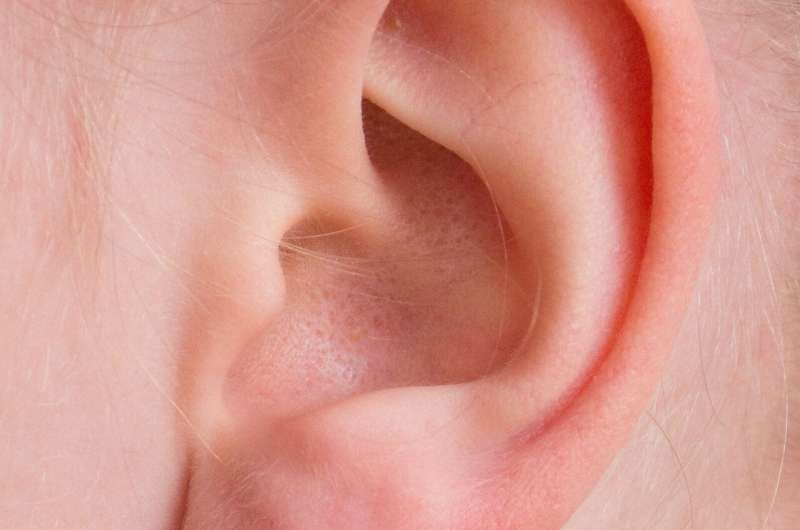A Holistic DIY Approach to Assessing Your Aging Process

Discover practical DIY methods to evaluate your physical and mental well-being, understand your aging process, and promote holistic health as you grow older.
Aging is a multifaceted journey that encompasses physical vitality, mental sharpness, emotional resilience, and social engagement. While popular social media challenges like standing up without using hands or balancing on one leg while brushing teeth have gained popularity as informal aging indicators, they only scratch the surface of what it truly means to age healthily.
When discussing 'aging well,' it's important to consider both physical and psychological aspects, including hedonic well-being (feeling good) and eudaimonic well-being (finding purpose). Engaging in regular activities and self-monitoring can support these dimensions, but no single test can fully capture an individual's aging trajectory.
Physical markers such as walking speed can provide useful insights. Research indicates that walking faster than 1.32 meters per second correlates with a lower risk of mortality over the following three years, while walking speeds below 0.8 meters per second may signal muscle loss conditions like sarcopenia. Although these measurements require specialized equipment, simple at-home tests like timing how long it takes to stand and sit from a chair five times can serve as practical indicators.
To develop a comprehensive, do-it-yourself (DIY) aging assessment, consider evaluating cognitive functions as well. Tests such as the trail making test (connecting numbers and letters in sequence), the Stroop task (naming the color of words), and dual-task challenges (walking while performing a mental task) help gauge brain flexibility, attention, and processing speed.
Regularly retesting these functions—perhaps monthly—can help you observe subtle changes over time. Keep in mind that physical abilities like balance may fluctuate daily, and slow, steady improvements are a more accurate reflection of long-term progress.
It's essential to remember that aging isn't a linear process, and no single test can offer a complete picture. A more holistic view considers emotional well-being and social connections, which significantly contribute to overall quality of life. Tools such as the Scale of Positive and Negative Experience can provide insights into your emotional health, covering feelings like joy, calmness, sadness, and frustration.
Ultimately, aging gracefully is about understanding your body, mind, values, and the small, meaningful steps you can take to enhance your well-being and life satisfaction. Assessing multiple aspects of health and maintaining a positive outlook are key components of aging well.
Source: https://medicalxpress.com/news/2025-05-diy-youre-aging.html
Stay Updated with Mia's Feed
Get the latest health & wellness insights delivered straight to your inbox.
Related Articles
Understanding Ear Seeding: The TikTok Trend for Stress and Fatigue Relief
Discover the facts about ear seeding, the trending TikTok therapy claimed to reduce stress and fatigue. Learn about its origins, potential benefits, safety, and the current scientific evidence.
The Importance of Sleep for Healthy, Youthful Skin
Discover how quality sleep influences skin health, reduces aging signs, and enhances overall appearance. Sleep is essential for tissue repair, collagen production, and maintaining a youthful glow.
Decline in Sedentary Behavior Among U.S. Adults Over the Past Decade
A recent study shows that sedentary behavior among U.S. adults declined significantly from 2013 to 2020, with patterns stabilizing afterward. This shift highlights the impact of lifestyle changes, including the effects of the COVID-19 pandemic, on daily activity levels.
Cardiologist Supports Nurses in Adopting Healthier Eating Habits and Self-Care
A cardiologist has launched a lifestyle program to help nurses adopt healthier diets and manage stress, aiming to prevent cardiovascular disease and promote overall well-being among healthcare workers.



